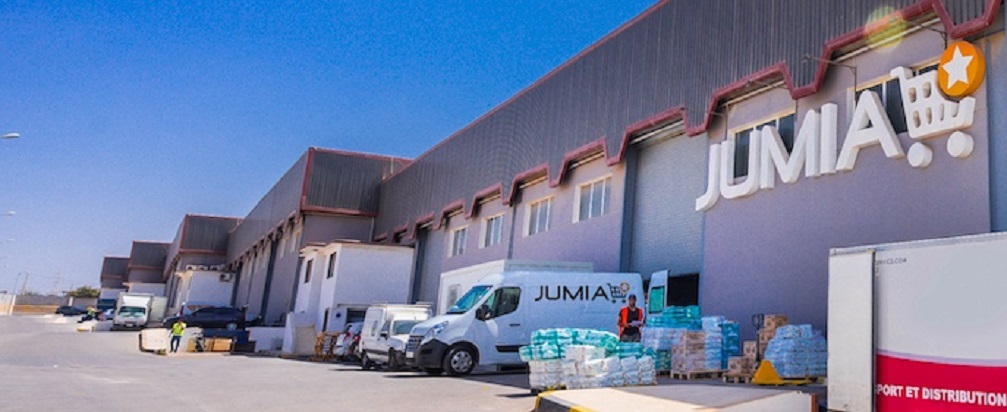Logistics is crucial for any economy to develop and Uganda is one of the countries that are experiencing positive growth in this sector. According to the Uganda Logistics and Warehousing Market Outlook to 2022/23 report, the emergence of the Ecommerce sector is one of the main contributors to this.
Infrastructure investment is key to the growth of the logistics industry, but there’s an obvious regional and national deficit in Uganda’s logistics infrastructure which hinders trade for micro and small businesses. This is despite the operation of local and foreign private companies like Fedex, DHL and Aramex in the industry.
For companies whose core business is not logistics it makes a lot more sense to outsource logistics contracts. It enables them to gain access to resources and capabilities that are not available internally. Strong relationships between shippers and 3PL providers and the significance of Emerging technologies like Block chain and Automation have allowed Third Party Logistics in the Market.
In 2021, the leading ecommerce player, Jumia opened up its logistics network and technology infrastructure to third party businesses to service the facility deficit in the sector and the move is being embraced by SMEs and even large scale businesses. According to the Company’s 2020 Q4 report, the pilot conducted in 2020 saw Jumia ship almost half a million packages on behalf of more than 270 clients including large corporations such as banks, FMCG companies, mobile network operators as well as SMEs from a broad range of industries on the continent.
Speaking on the impact of logistics services on seller customer relationships in today’s business world, Maxensia Kasukukuru, Head of Operations at Green Light Planet said getting goods across to customers has become easier and more efficient. “Jumia delivers countrywide, so our customers either in the rural or urban areas can get our products very fast and at a low cost. So it has been more business for us; we are happy and our customers are happy,” she said.
On how affordable logistics services are in improving customers’ experience in Uganda, Kevin Mutendwa, Country Manager , Jumia Services said Jumia is extending its services to further help SMEs penetrate rural customers with ease and affordability. He said: “Jumia Logistics offers logistics services within Kampala and delivers countrywide at the lowest cost. We offer end to end logistics services including warehousing, and last mile services. With us you also enjoy the privilege of pay on delivery and a tracking system from start to finish.”
According to the company, individuals and enterprises can engage the Jumia logistics service by visiting the nearest Jumia drop off station, register pay and drop off the package. From then on, Jumia takes over the process with delivery confirmation sent to the sender.
With more developments of infrastructure within the country, the logistics industry will grow even more hence impacting the economy in a positive way.





